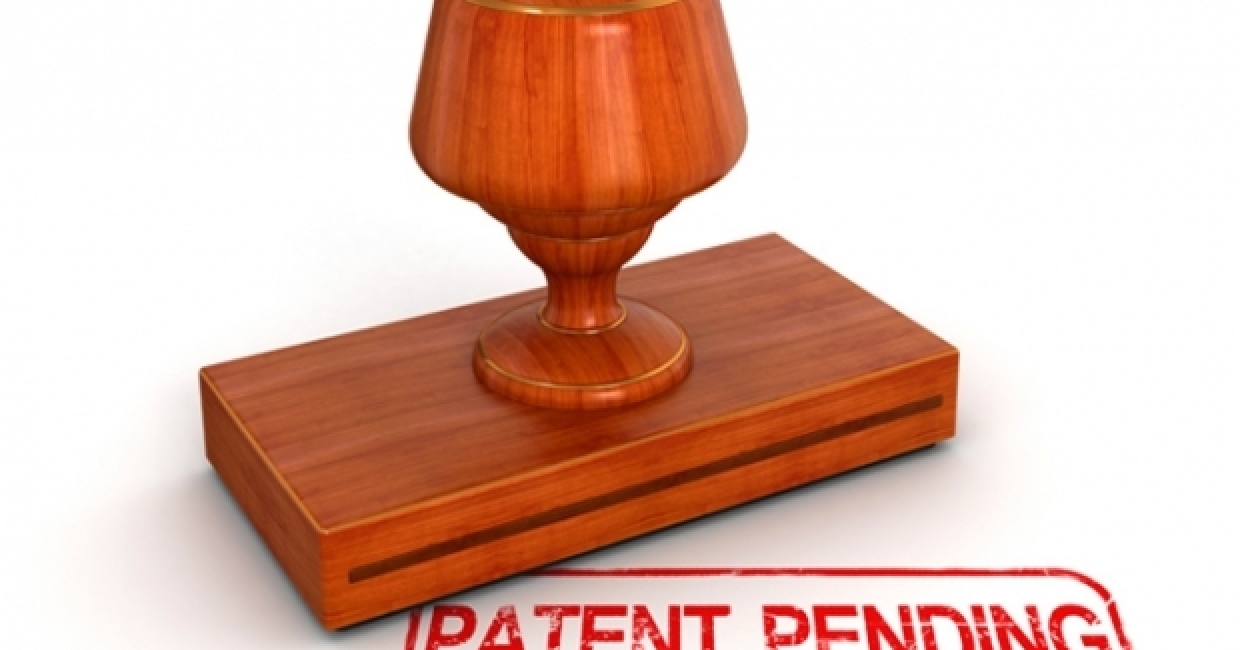Niall Head-Rapson, partner and IP specialist with McDaniel and Co concludes his three-part discussion on the IP rights of designers and manufacturers ...
So, now you have identified your Intellectual Property, what can you do with it?
Stop Others
The first and most obvious answer is you can stop others from using your Intellectual Property without your permission. This is the most obvious thing that people think. In the main though you have to do it yourself, so you need to make provision for the costs. The law is changing and the best thing you can do is take out an insurance policy to pay for any legal costs you incur in taking any action.
But what you have to remember is that Intellectual Property is just that, property. It can be exploited in the same way as any other property right and yes, that includes your house.
Sell It
You can sell your Intellectual Property. There are a number of now commonly used methods of valuing Intellectual Property and, unlike your house, there is no stamp duty to pay. In 2011, Forbes magazine published a list of the top ten most valuable trademarks. Google was top valued at $44.3b, while Vodafone came in at $30.7b. Home Retail Group – Argos to most – bought the Habitat brand and just three stores from the administrator for £24.3m. Of course I am not saying you will all get that much but it gives you an idea that it is worth something that someone else will pay for.
License
You don’t have to sell your Intellectual Property if you don’t want to. Alternatively, you can license your property for a fixed term; for a specific sector; or for a specific country or area of a country. You can do this for an ongoing royalty or a lump sum, either way, it may be a way of generating some extra income without too much effort in a sector you aren’t exploiting or going to exploit.
Security
You can use your Intellectual Property as security for a loan or mortgage in the same way as you can your house. A bank will value the Intellectual Property and enter into a mortgage arrangement with you. And yes, your Intellectual Property is at risk if you fail to meet the repayments.
But did you also know that you can add Intellectual Property to your pension scheme? So, if you have a pension scheme that needs a bit of a boost don’t ignore your Intellectual Property. It may help more than you think.
Tax
Another area where your Intellectual Property can help is on the tax side. Are you aware of R & D tax credits and the Patent Box? The Government may contribute to your investment into new products by way of R & D tax credits. Some think you have to be a technology business to qualify but you don’t.
In order to qualify, firstly you have to be a legal entity that pays, or is liable for, corporation tax. If you are, then there are two schemes depending on the size of your organisation – the Small or Medium-sized Enterprise (SME) Scheme and The Large Company Scheme. For these purposes you are an SME if you have fewer than 500 employees and either of the following:
• An annual turnover not exceeding €100m
• A balance sheet not exceeding €86m
The type organisation you are dictates which scheme you fall into and therefore what relief is available. Most of you will more than likely fall into the bracket of SME. If you are in this scheme the tax relief on allowable R&D costs is 200 per cent. As long as you spend more than £10 000 on relevant R&D then you may qualify.
The guidance says that R&D for tax purposes takes place when a project seeks to achieve an advance in science or technology. Well that can be a new method of manufacture, a new fixing method for designs to surfaces, new materials in a product; the possibilities are many and numerous.
The Patent Box, which commenced in April 2013, will enable companies to apply a lower rate of Corporation Tax to profits earned from its patents after this date.
In order to qualify you need to have a patent or an exclusively licensed patent and be liable to Corporation Tax and make a profit from exploiting the patented invention. If you do, then profits attributable to the patent will be taxed at 10% and not at the normal corporation tax rate.
So, Intellectual Property is a valuable asset which can seriously improve your business. Protect it!
This article was originally published in Furniture Production magazine, issue 235.








